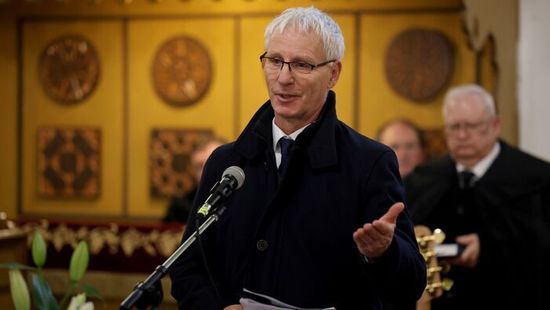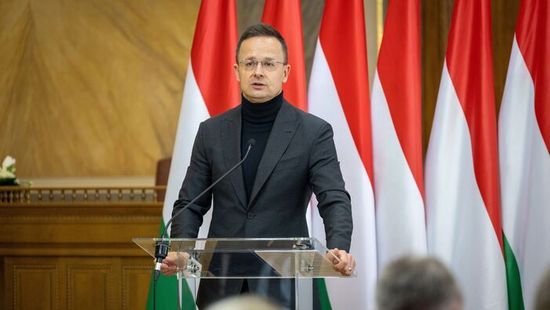– In the introduction of your newly released book, Public Life and Public Law, you write: throughout the past decade, you have witnessed Hungary’s efforts of cutting through the mainstream and finding its own way in Europe. From a legal point of view, what were the most important stops along the way and where does this debate stand today?
– I’ve spent the past ten years serving public office; this experience has given me perspective and insight that is worth sharing with those interested. My book covers the latest period of my career. When my term as Constitutional Court Justice ended in 2010 and I was set to be the Hungarian ambassador to Paris, the last ruling I signed was related to the Treaty of Lisbon. At that time, I had no idea I was signing a document that is still a defining issue today. In the parallel justification, I referred to the concept of constitutional identity and the fact that no EU Member State can renounce its constitutional identity. Hungary is an independent country and decided, as an independent country, to contribute to Europe’s development. This simultaneously means that as long as the Hungarian state exists, we cannot give up our constitutional identity. It was rather symbolic to have bid farewell from my position of Constitutional Justice with this thought in mind. All the more so in Paris: I had the task of interpreting and explaining Hungary’s new constitution abroad as ambassador. The French legal community was divided on our fundamental law changes, but many stood up for us. The fundamental law adopted in 2011 represented a new spirit compared to the constitutions adopted after World War II. It places greater emphasis on national values, puts the relationship between the individual and the community in a new position, and also provides foundations for the concept of marriage, the importance of family or the responsibility of future generations. It seeks to create a kind of alliance between the past, present, and future generations. Even back then, this constitution came under fire from abroad in the form of the European Parliament’s 2013 Tavares report. The emphasis on national values and Christianity in the constitution is what caused an uproar in Europe. In the past ten years, Hungary played a key role in stirring up the stagnancy Europe in the debate on values.

Last Words of a Forcibly Conscripted Man to His Mother: “Mom, I Do Not Know When I Can Call You...”
Tragic details have emerged about the death of a Hungarian man.





















Szóljon hozzá!
Jelenleg csak a hozzászólások egy kis részét látja. Hozzászóláshoz és a további kommentek megtekintéséhez lépjen be, vagy regisztráljon!